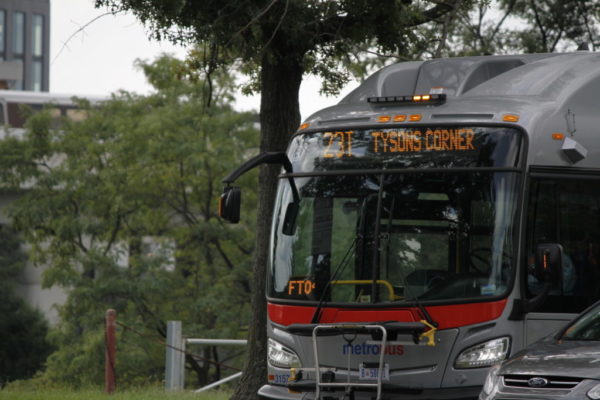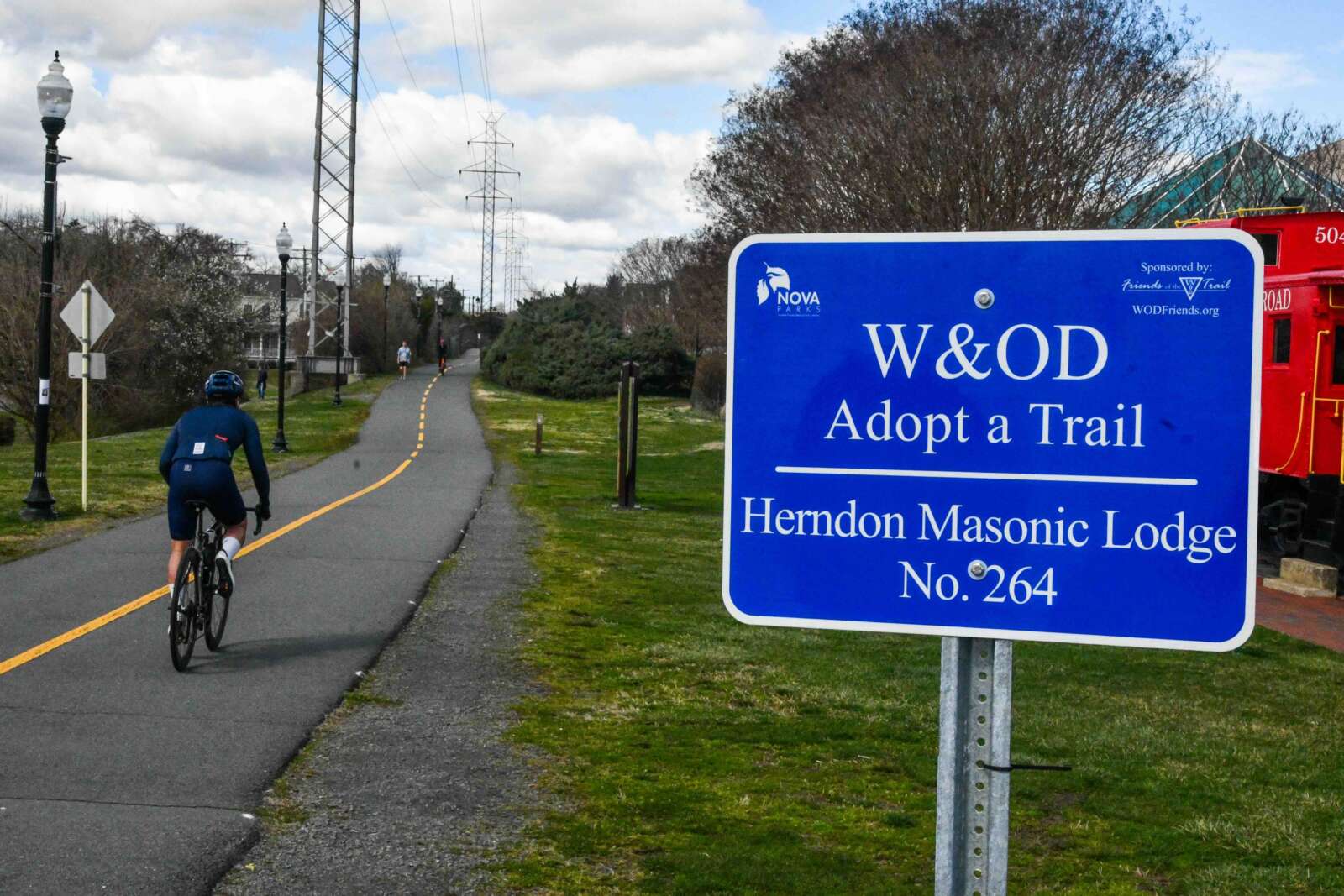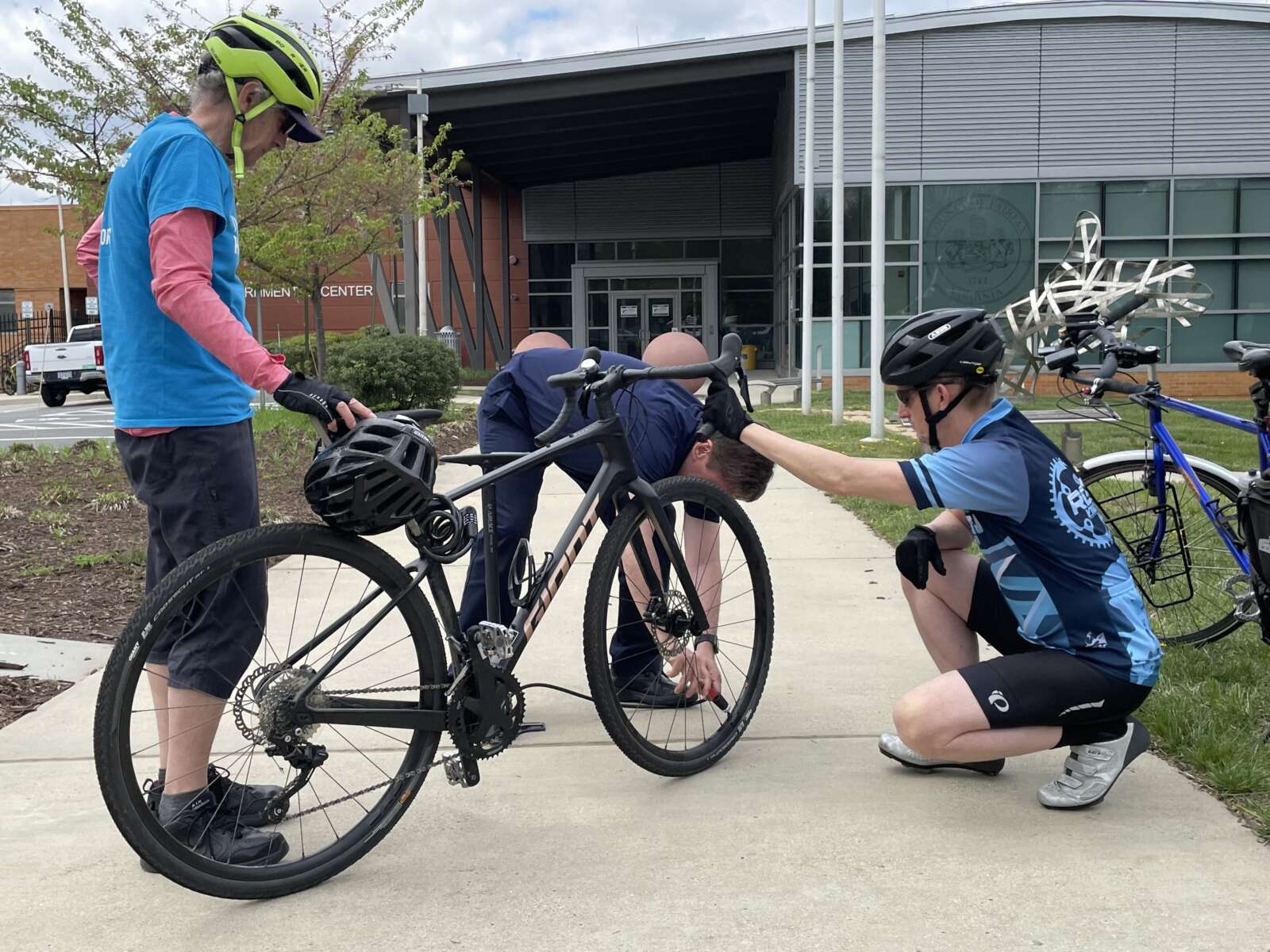Metro will start collecting fares from bus riders again on Jan. 3 as part of its pandemic recovery plan, the Washington Metropolitan Area Transit Authority announced yesterday (Thursday).
The WMATA board of directors authorized a temporary suspension of Metrobus fare collections in March as part of a policy prompted by the COVID-19 pandemic that required riders to board buses through the rear doors in an effort to reduce contact between passengers and drivers.
With fare collections resuming, bus riders should return to entering the vehicles from the front, where the farebox and SmarTrip equipment are located.
WMATA says the change in policy is enabled by the more robust public health procedures that it has put in place now that there is a better understanding of how the novel coronavirus is transmitted.
“With everyone wearing masks, shields for operators on every bus, and enhanced daily cleanings, front-door boarding is safe, expands our capacity for more riders, and helps us resume some normalcy,” Metro General Manager and CEO Paul Wiedefeld said. “We also need to collect fares from every rider to keep essential Metro transit employees working and continue to provide essential service.”
Metrobus costs $2 per trip, which is payable in cash or with a SmarTrip card. Metro also offers a seven-day bus pass for $15 that provides unlimited access to Metrobus and other local bus services, including the Fairfax Connector.
The plan to resume collecting bus fare comes as Metro threatens to make significant service cuts after plummeting ridership during the pandemic contributed to a projected deficit of nearly $500 million for Fiscal Year 2022.
The dilemma facing Metro is shared by other major transit systems around the country, leading local elected leaders and transportation officials to call for the inclusion of public transit funding in a federal coronavirus relief package currently under negotiation in Congress.
Without outside support, WMATA could close 19 stations, drastically reduce rail and bus service hours and routes, and eliminate 2,400 additional jobs. The impact of those cuts is expected to land hardest on low-income residents and other populations that depend on transit.
Metro’s proposed FY 2022 budget will be up for public comment early next year.






